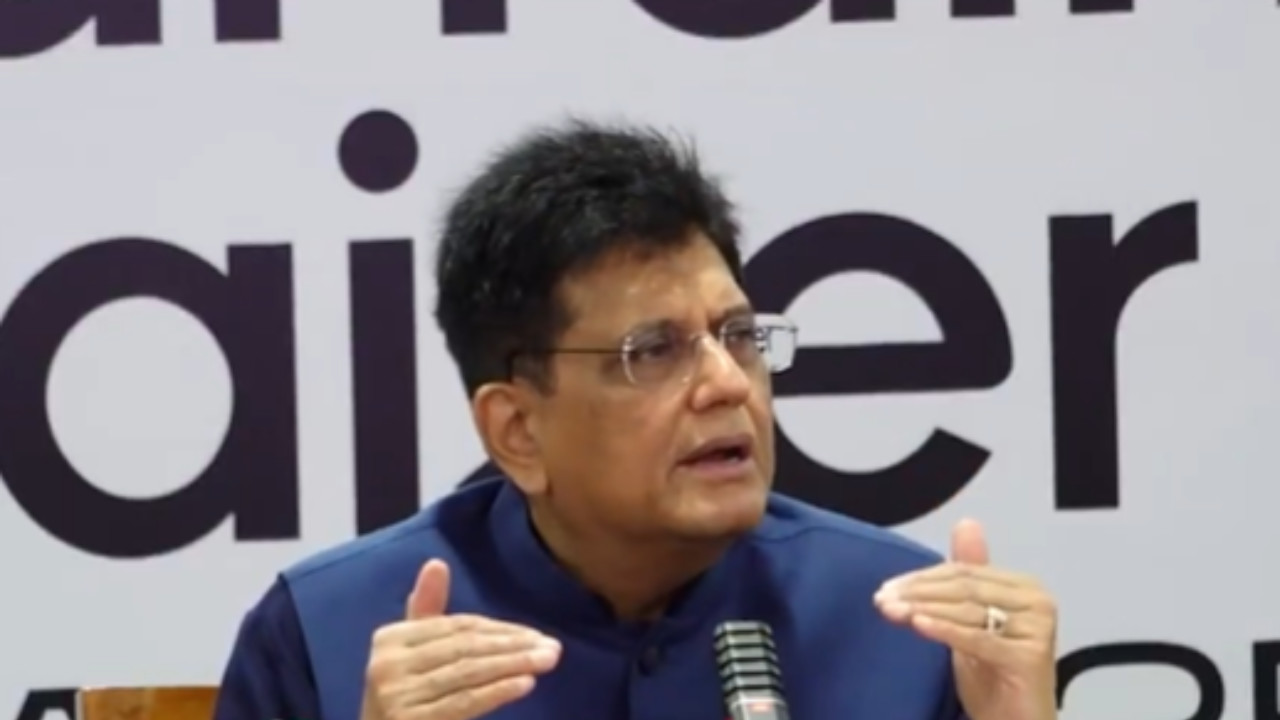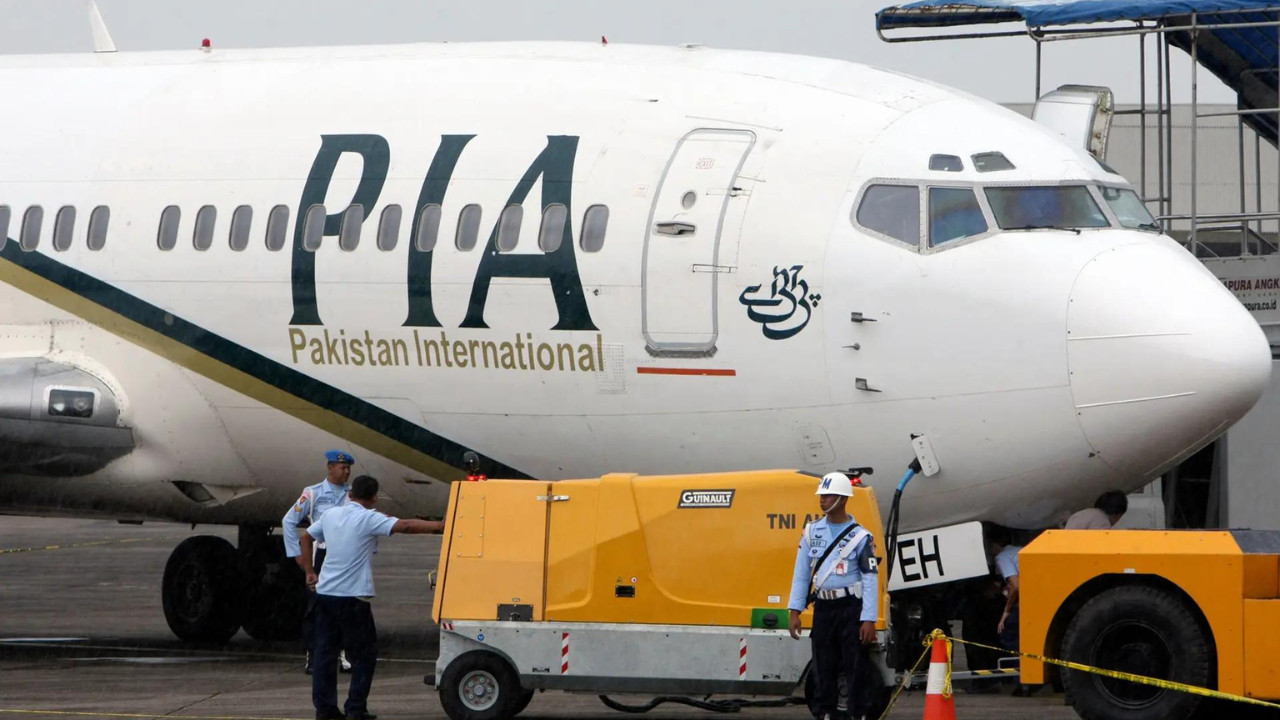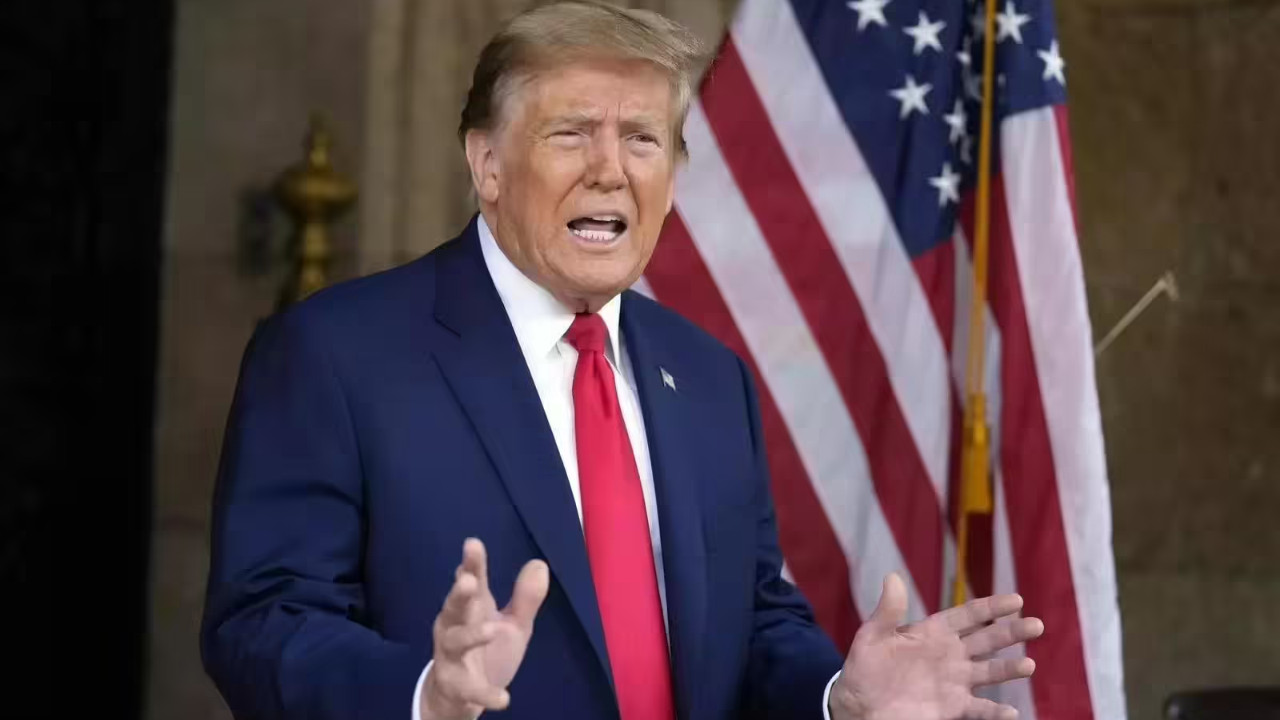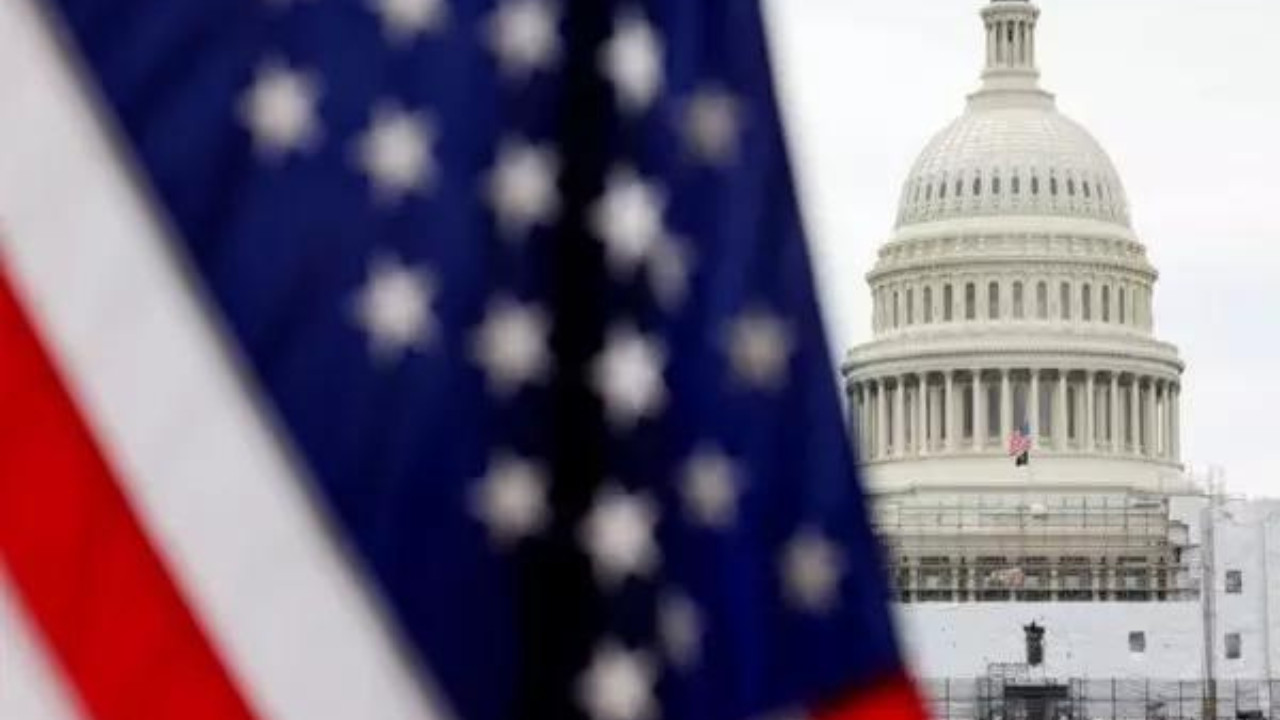Piyush Goyal says India will prioritize self-respect in trade talks. India is ready for free trade agreements, but not at the cost of national pride. The iron ore and steel industry aims to export 50 million tonnes of steel. The government will support industries affected by tariffs. The GST Council will meet soon to boost domestic demand.
Navigating the Global Trade Maze: India’s Firm Stance
Global trade winds are rarely calm. They shift, swirl, and sometimes threaten to capsize even the most seasoned economic vessels. Recently, India has been navigating particularly choppy waters, especially when it comes to striking the right balance in its trade relationships.
The message coming from New Delhi is clear: India intends to stand its ground. As Commerce and Industry Minister Piyush Goyal put it, the nation will “neither bow down nor appear weak” in international trade negotiations. This declaration comes at a crucial juncture, particularly as global economies grapple with uncertainties.
A Resilient Approach to Trade Deals
India’s firm stance isn’t about stubbornness. It’s about building resilience and ensuring that any trade deal genuinely benefits the Indian economy and its citizens. In a world where protectionist tendencies are on the rise, spearheaded by policies like tariffs from the US, India is charting its own course.
The core of India’s strategy lies in its commitment to fairness and reciprocity. The country is actively pursuing trade agreements with nations that share this vision. India seeks partnerships that foster mutual growth and development, rather than deals that prioritize one nation’s interests over another.

This approach requires a delicate dance. India must be assertive in defending its interests while remaining open to collaboration and compromise. It’s a tightrope walk, demanding both strength and agility.
Standing Strong on Key Issues
What does this firm stance translate to in practice? For one, India is unlikely to concede ground on issues that are vital to its economic sovereignty and its developmental goals. This includes matters like intellectual property rights, data localization, and agricultural subsidies.
India recognizes that these issues are not merely technical details; they are fundamental to the country’s ability to innovate, protect its data, and ensure food security for its vast population. A willingness to compromise on these fronts could undermine India’s long-term prospects.
Moreover, India is carefully scrutinizing the terms of any potential trade agreement to ensure that it aligns with its broader economic agenda. The country is prioritizing deals that promote domestic manufacturing, generate employment opportunities, and boost its export competitiveness. You can read more about how India is boosting exports on [another relevant page](/india-boosts-exports).
Beyond Bilateral Trade Deals: A Broader Perspective
While bilateral agreements are important, India is also actively engaged in multilateral trade forums. The country is a key player in the World Trade Organization (WTO) and is committed to working with other nations to reform the global trading system.
India believes that the WTO can play a vital role in promoting fair trade practices and resolving trade disputes peacefully. However, the organization needs to adapt to the changing realities of the global economy. This includes addressing issues like e-commerce, investment facilitation, and environmental sustainability.
Ultimately, India’s trade policy is driven by a desire to create a level playing field for all nations. The country is determined to resist protectionist pressures and to work towards a more inclusive and equitable global trading system.
Navigating the Future of Trade
The road ahead will not be easy. India will continue to face challenges from protectionist measures, geopolitical tensions, and evolving global value chains. However, the country’s unwavering commitment to its core principles, combined with its growing economic strength, positions it well to navigate these challenges successfully. By prioritizing fairness, reciprocity, and resilience, India aims to forge a future where trade serves as an engine for sustainable and inclusive growth. India is ready to play a pivotal role in shaping the future of global trade, advocating for a system that benefits all nations and promotes prosperity for generations to come.







